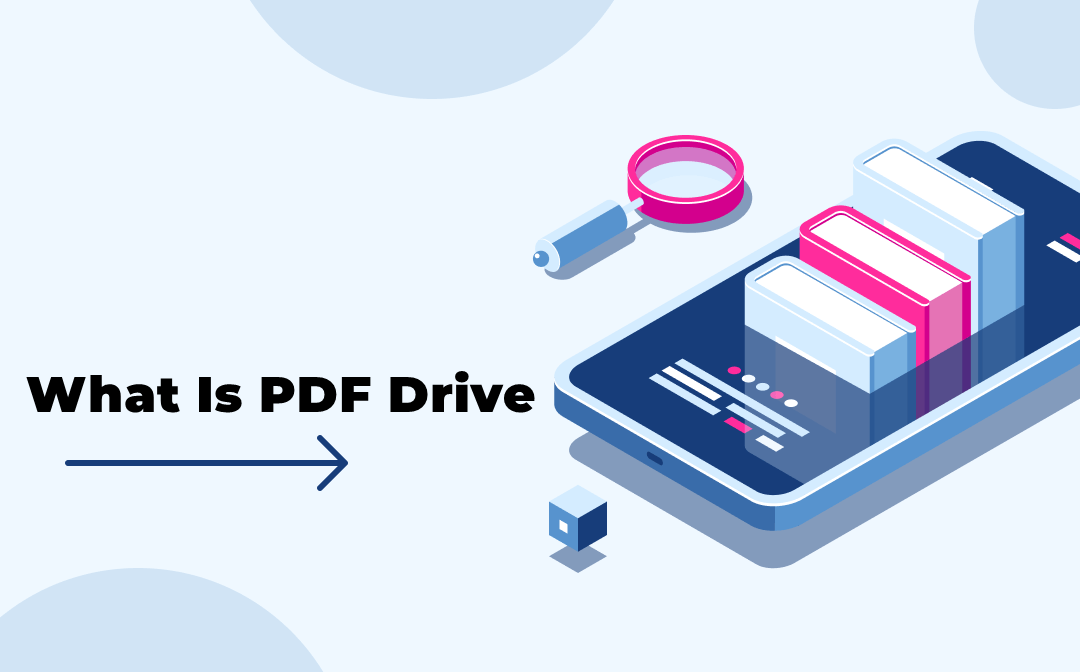Online learning is here to stay, but if you’re not careful, it may get expensive. We’ve collected a list of websites that provide absolutely free learning resources to assist your children in learning the subjects you believe they require.
It’s always nice to have new options on hand to engage youngsters, whether you’re new to homeschooling or have been doing it for years.
1. Best for History and Art Fans: The Metropolitan Museum of Art

- What We Enjoy
It’s quite simple to use.
Turns art history into easy-to-understand instruction.
There are numerous ways to engage children of various ages. - What We Don’t Care For
We can’t seem to find anything don’t like.The Met is known for its couture, but its website for kids, #metkids, is a well-kept secret. The site provides three alternative ways for youngsters to learn about historical art: A clickable map allows kids to explore 5,000 years of art from around the world; a time machine allows them to select different eras to explore, and a video section includes lessons on everything from building a stained glass window (kid-style) to learning about children from other countries.
2. Best Site for Elementary Ages: National Geographic Kids

- What We Enjoy
A wide range of learning formats is available.
Information that is delivered in an interesting manner. - What We Don’t Care For
Finding a specific subject in a specific format can be tough.
National Geographic is known for providing accurate information, and its children’s website is no exception. This website is fantastic because it includes instruction in gaming, video, and photography. The short written lessons that accompany the graphics are appreciated by children of all ages, and even the quizzes on the site are meant to captivate minds with short attention spans.
3. Best for High Schoolers: Open Culture

- What We Like:
There are thousands of courses to choose from.
Topics are organized alphabetically for ease of usage. - What We Don’t Care For
Ads, ads, and more ads.
You never know where you’ll end up on the internet.
Open Culture gathers free upper-division classes from institutions throughout the world and makes the links available to users. Archaeology at the University of Reading, public speaking at Missouri State, psychology and mental health at the University of Sydney, and thousands of other subjects are available. Both written and online classes are available (including audiobooks).
4. Best for Finding Topics by Grade Level: Funbrain

- What We Like Provides enjoyable problem-solving opportunities.
Is restricted based on a student’s grade level. - What We Don’t Care For
It can be difficult to locate specific subjects at times.
You’ve come to the correct place if you’re seeking a site with math and reading possibilities, as well as games, videos, and a general online playground. Funbrain is a website that provides hundreds of free interactive games, stories, films, and printables for children in grades Pre-K through 8.
5. Best for Learning about Communities: Whyville

- What We Enjoy
There are numerous interesting activities to keep young minds occupied.
To prevent advertisements, it’s sponsored.
On a limited guest account, you can browse the site. - What We Don’t Care For
For most teenagers, it’s quite juvenile.
Whyville is a portal for kids in grades 3 through 8 that was created by scientists. It provides an online community where children may explore, create, and solve problems. They can learn how to maintain coral reefs, how to utilize a Whyville currency, and how to participate in the Whyville Senate, among other things.
6. Best for Pre-K & Early Elementary Ages: ToyTheater

- What We Enjoy
A fresh take on educational games.
It can be used on a computer, a laptop, or a mobile device. - What We Don’t Care For
There is no way to search by age or grade.
Ads. (However, they aren’t overly distracting.)
Toy Theater is a great place to go if you want to play some unique games. These aren’t racing games; instead, they’re designed to teach children about a variety of topics, including learning time, the alphabet, measuring, numbers, and much more. The activities are simple to play and use online manipulatives and other interactive tools to cover arithmetic, reading, art, and music.
7. Best for Learning about the World: The Old Farmer’s Almanac for Kids

- What we like :
We Like Lessons provides lessons that are difficult to discover elsewhere.
Engages young brains by using history, the earth, and animals. - What We Aren’t Crazy About
Finding certain themes is difficult.
If their parents are unable to assist them, children should be able to read on their own.
This site is just what you’d expect, but updated for the twenty-first century. It includes a daily calendar to assist kids to learn about what happened in history on each day of the year, as well as lessons on the night sky, clouds, and daily weather, as well as history and animals. The site is visually appealing and provides information in bite-sized bits, which is ideal for children in elementary school.
8. Best for Storytime: Storyline Online

- What We Are Fans of
You can find stories by searching by author, reader, title, or run time.
The quality of the videos and storytelling is exceptional. - What we do not prefer
There are few options.
The results from the filter option are not always accurate.
The SAG-AFTRA Foundation provides a website featuring performers reading books aloud. You can give your child headphones and ramp up the music when you need a break, or you can just let the storyteller take over in a short movie. Captions are available, which are excellent for youngsters who are learning to read and older kids who are learning to read more effectively. Both the illustrations and the music are excellent, so youngsters are entertained for the duration of the film.
9. Best for Music Lovers: Chrome Music Lab

- We like to promote originality.
With many musical possibilities, it offers something special.
You do not need to register. - The aspects we dislike
If you’re not a music lover, you may have trouble with it.
This site is all about tunes. Making them, practicing them, writing songs, and more. What’s unique about this site is that it encourages kids to move, make and practice patterns, compose their own music, and even pull in math and science at times. This Twitter feed gives you an idea of the many ways the lab is used by teachers.
10. Best for Online Quizzes & Assessing Development: TurtleDiary

- What do we like:
Our favorite game is the online quiz.
Online evaluation tools that assist parents with assessing progress
A variety of tools, including games, videos, and printouts. - What we dislike
Fifth-grade-level students may only attend.
If you have a rough time encouraging your youngster to practise math, language arts, or science or if you problem measuring their skill level, check out this site. It offers a lot of learning alternatives but the online quizzes remove the need for printing out a tonne of worksheets and the online assessments assist parents better determine where a child’s strengths and weaknesses are. The site is basic and easy to use, so youngsters enjoy hanging out on it.






